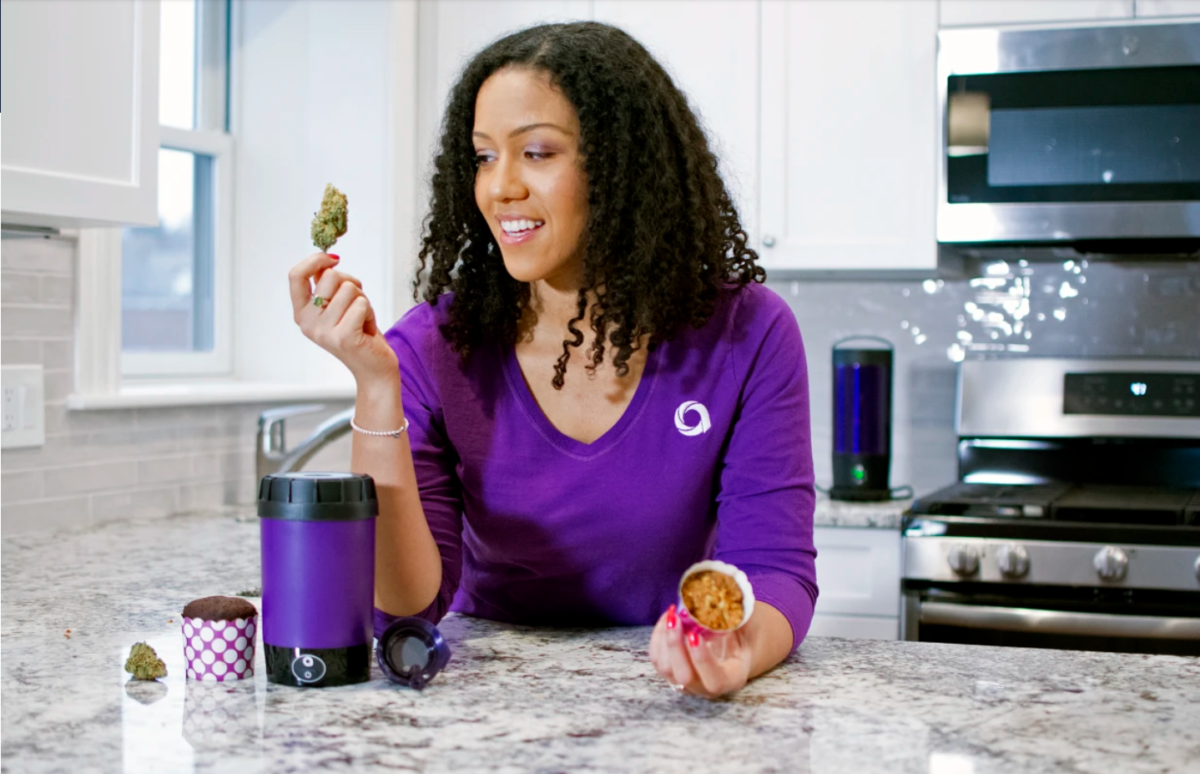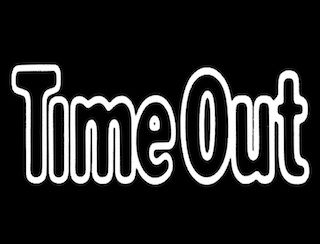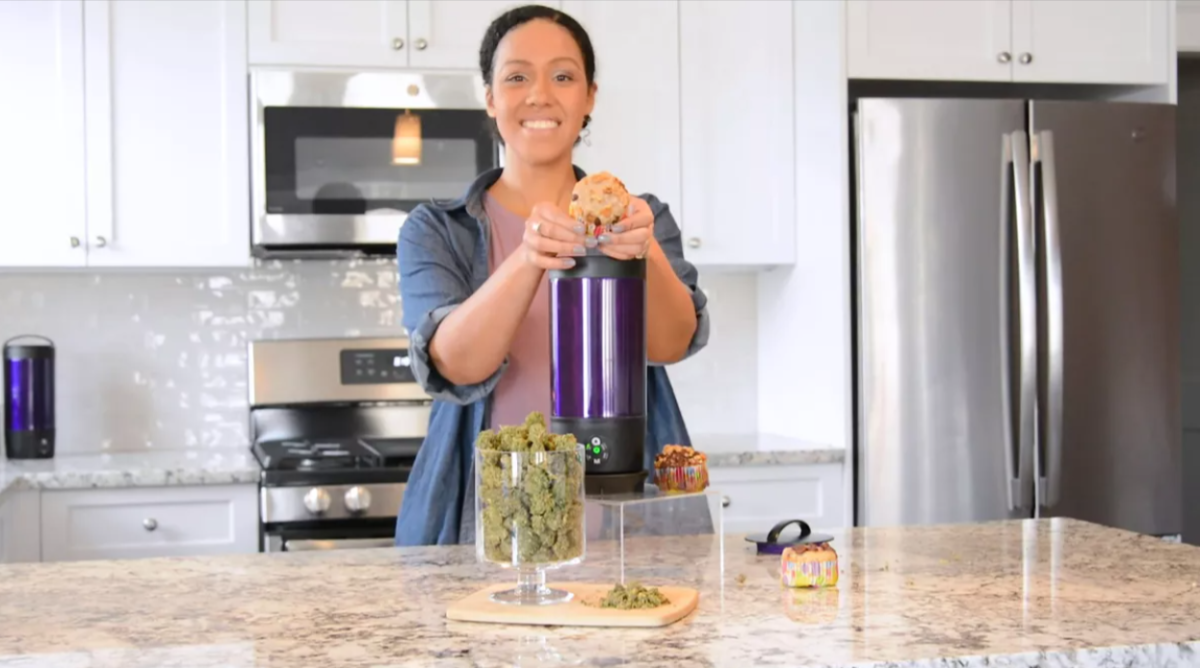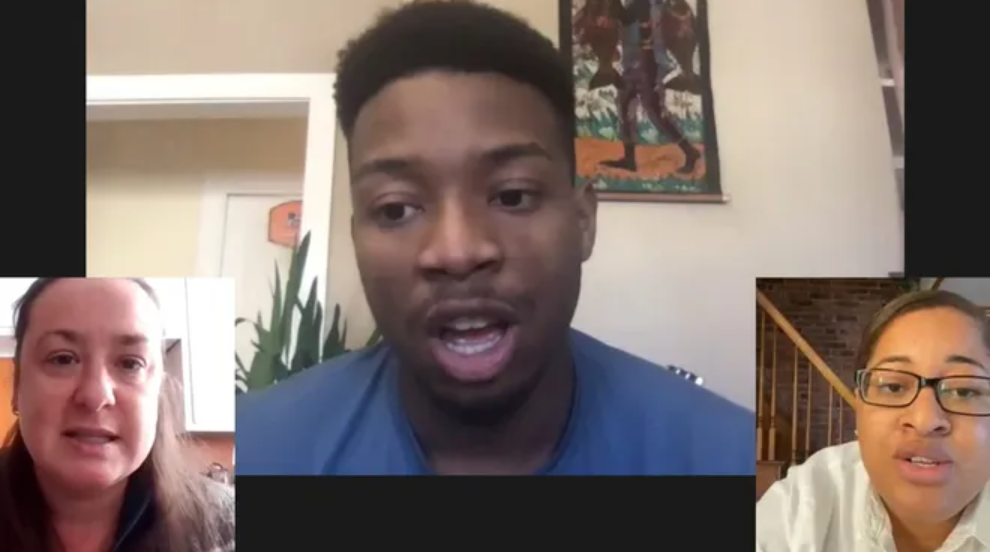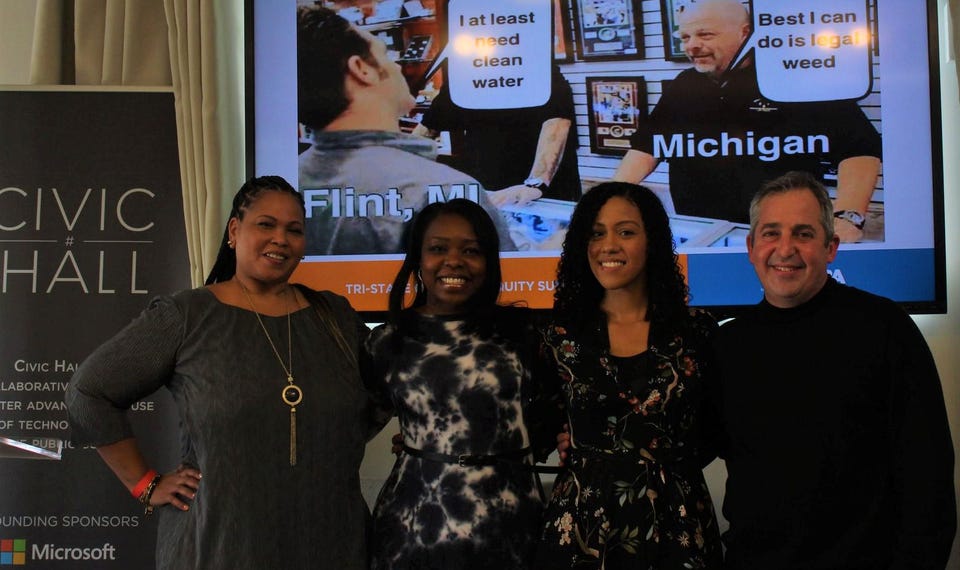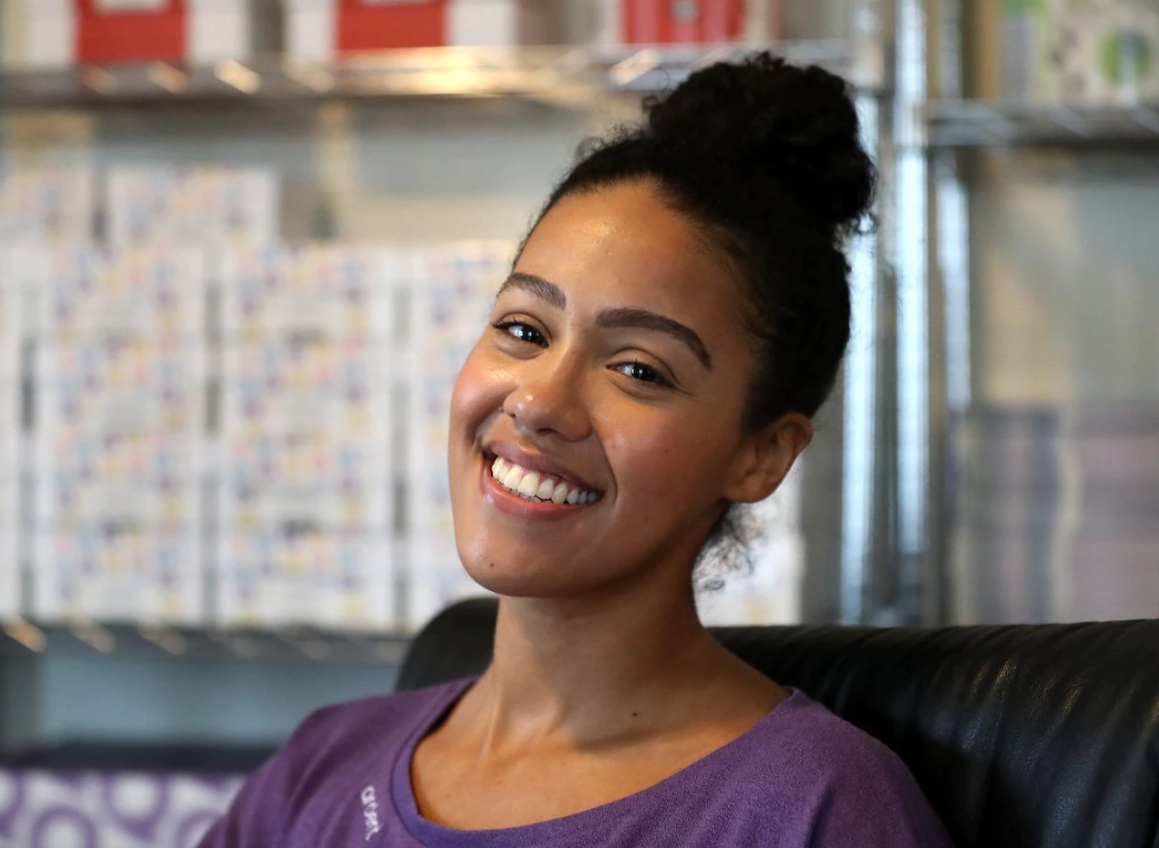The House increased its proposed cannabis equity funding from 15 percent to 20 percent, thanks to Rep. Tyler’s advocacy and the support of leadership. Unfortunately, the Senate bill only allocated 10 percent.
Now is the time to let your state representatives and senators know that you hope they will encourage the Conference Committee to fully fund equity with 20 percent of cannabis revenue in the final bill.





